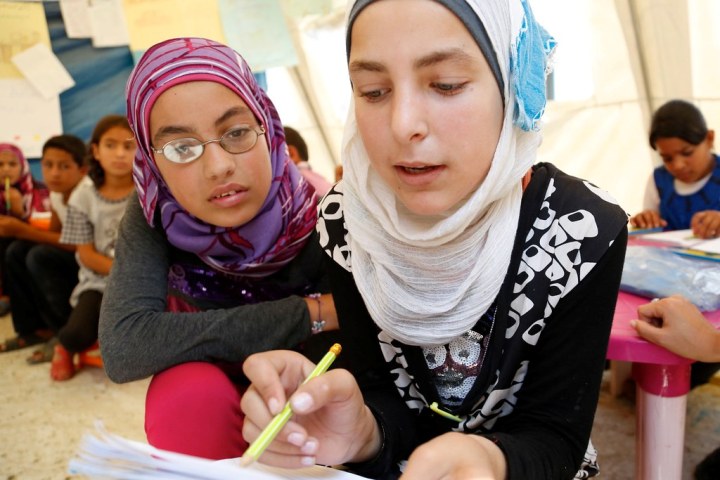UNDP launches new facility to boost women’s leadership in crisis contexts
The Gender and Crisis Engagement Facility, launched on International Women’s Day, will support country, regional and global teams to drive forward transformational change in crisis contexts.

The United Nations Development Programme (UNDP) has announced the establishment of a new facility designed to strengthen women’s leadership and participation in crisis contexts.
The Gender and Crisis Engagement Facility, launched on International Women’s Day, will support country, regional and global teams to drive forward transformational change in crisis contexts. Through targeted initiatives, UNDP will demonstrate new ways of working that better respond to the diverse needs of women and girls, and directly challenge harmful gender norms that drive both inequalities and crises.
The Facility’s approach will be based on a nuanced understanding of the gendered effects of the crisis, taking to heart the lessons of COVID-19, which has shown that the groups most vulnerable to the impacts of crises are those that faced structural marginalization before the shock.
Conceived as a ‘success aggregator’ of gender-transformative programming covering the full range of UNDP’s work, the Facility will strengthen support for gender equality and women’s empowerment in crisis contexts. It will leverage the strength of UNDP’s partnerships with civil society, government and other agencies, especially UN Women. And through investing in nuanced gender-and-crisis analysis and data that shows where efforts should be concentrated, the Facility will answer the UN Secretary General’s call for a “data revolution”.
While the Facility will be grounded in the significant institutional and financial commitments made by UNDP, strong partnerships with donors will be needed to ensure that this support can be scaled up to meet the most complex challenges and sustained across the entire spectrum of crisis response, recovery and prevention.
“With this facility, we will ensure that our efforts are opening new avenues for collective social and economic empowerment,” said Asako Okai, Director of the UNDP Crisis Bureau. “We will strengthen our abilities, for instance, to better understand and respond to intersectional inequalities, including how gender equality, climate and security are linked.”
In a statement marking International Women’s Day, UNDP Administrator Achim Steiner underscored UNDP’s commitment to amplifying women’s voices and to promoting their participation and leadership in public institutions, parliaments, the judiciary, and the private sector.
“As countries and communities start to slowly recover from a devastating pandemic, we have the chance to finally end the exclusion and marginalization of women and girls,” he said. “But to do that, we need immediate action.
“Women must have the opportunity to play a full role in shaping the pivotal decisions being made right now as countries respond to and recover from the COVID-19 pandemic – choices that will affect the wellbeing of people and the planet for generations to come,” he added.
Rising gender inequality is both a driver and a consequence of the crisis, as demonstrated by the disproportionate gendered impacts of COVID-19. Women are nearly twice as likely as men to lose their jobs during the COVID-19 crisis. The pandemic is expected to dramatically increase the poverty rate for women and widen the gap between men and women who live in poverty.
Progress towards equal power and equal rights for women remains elusive around the world. No country has achieved gender equality. Approximately one in three women have experienced physical or sexual violence by an intimate partner. Women continue to be under-represented in decision-making roles that directly impact their lives, safety and well-being. In crisis settings, women often bear the brunt of violence, marginalisation and economic exclusion.
Efforts to advance gender equality and women’s empowerment are a central pillar of UNDP’s people-centred approach to tackling the multiple intersecting threats to peace and development. The organization has made increasing women’s full and equal participation a central focus of its Development Dialogues: Rethinking Solutions to Crisis in the Decade of Action, a new campaign launched on 4 March to shine a spotlight on the most urgent action required to support vulnerable populations in crisis-affected contexts to help them move towards sustainable development.
During the Development Dialogues, UNDP will showcase innovative insights and bring forward the voices of women leaders while discussing new ways and opportunities to increase women’s influence in decision-making.










